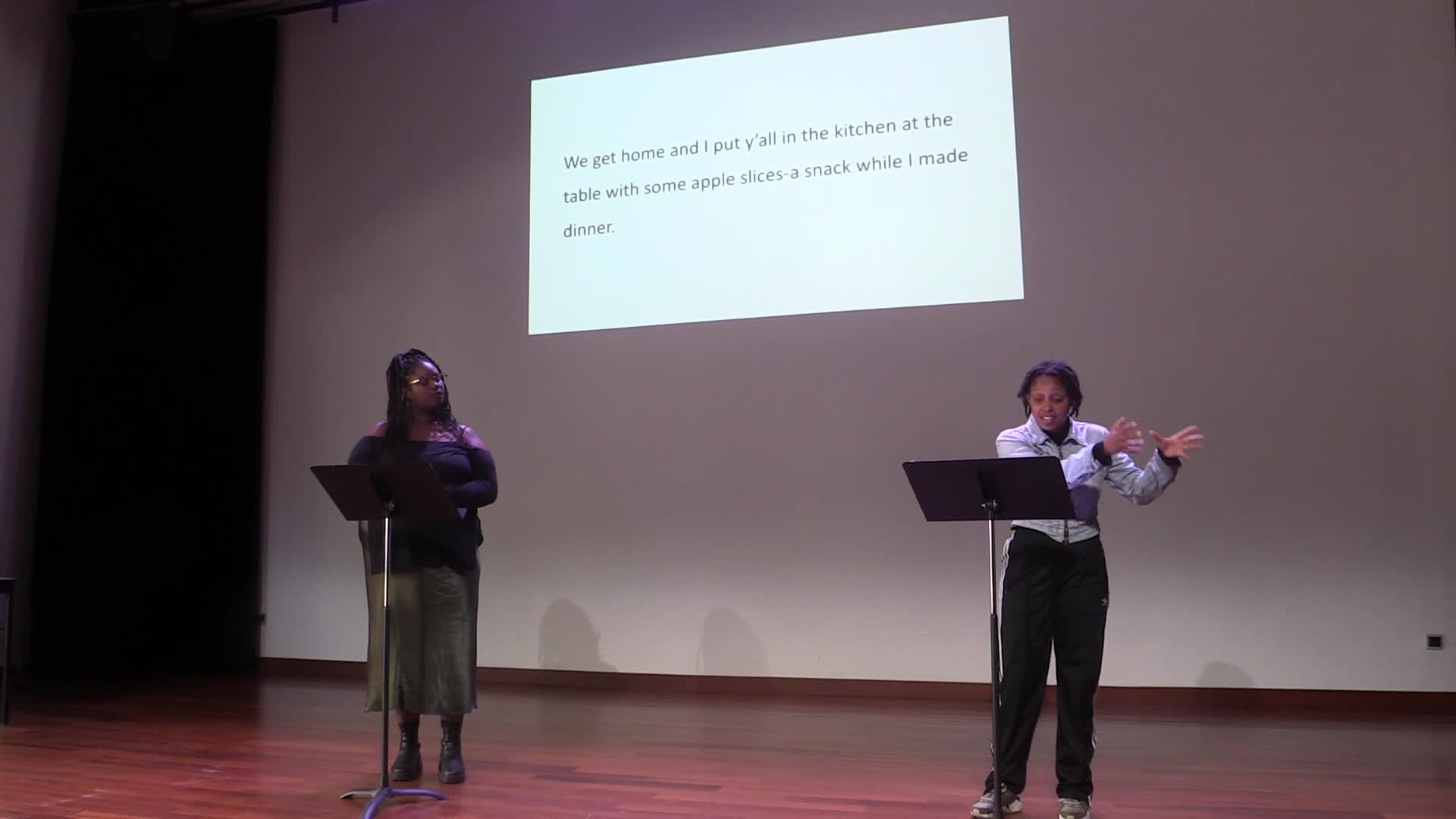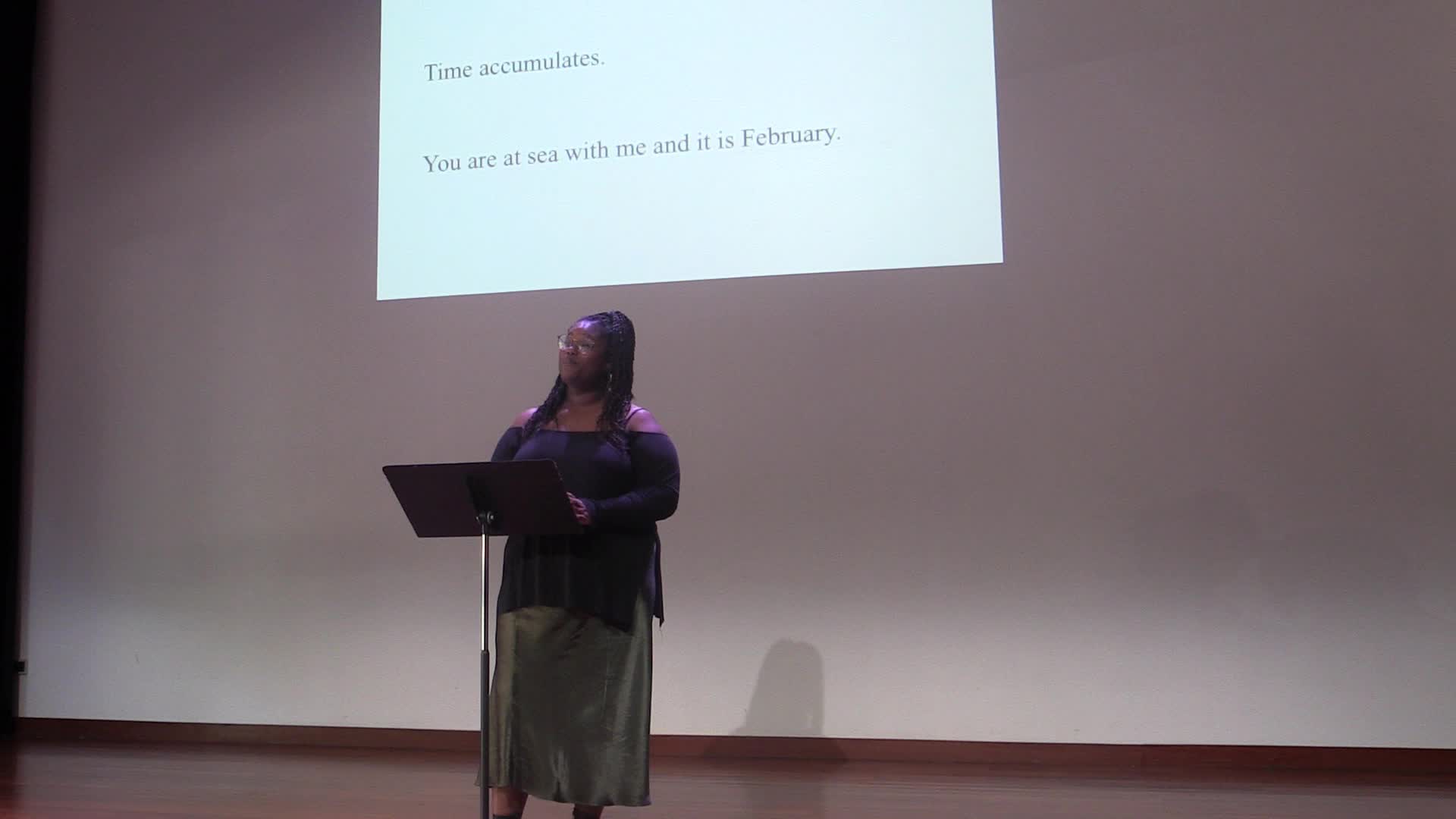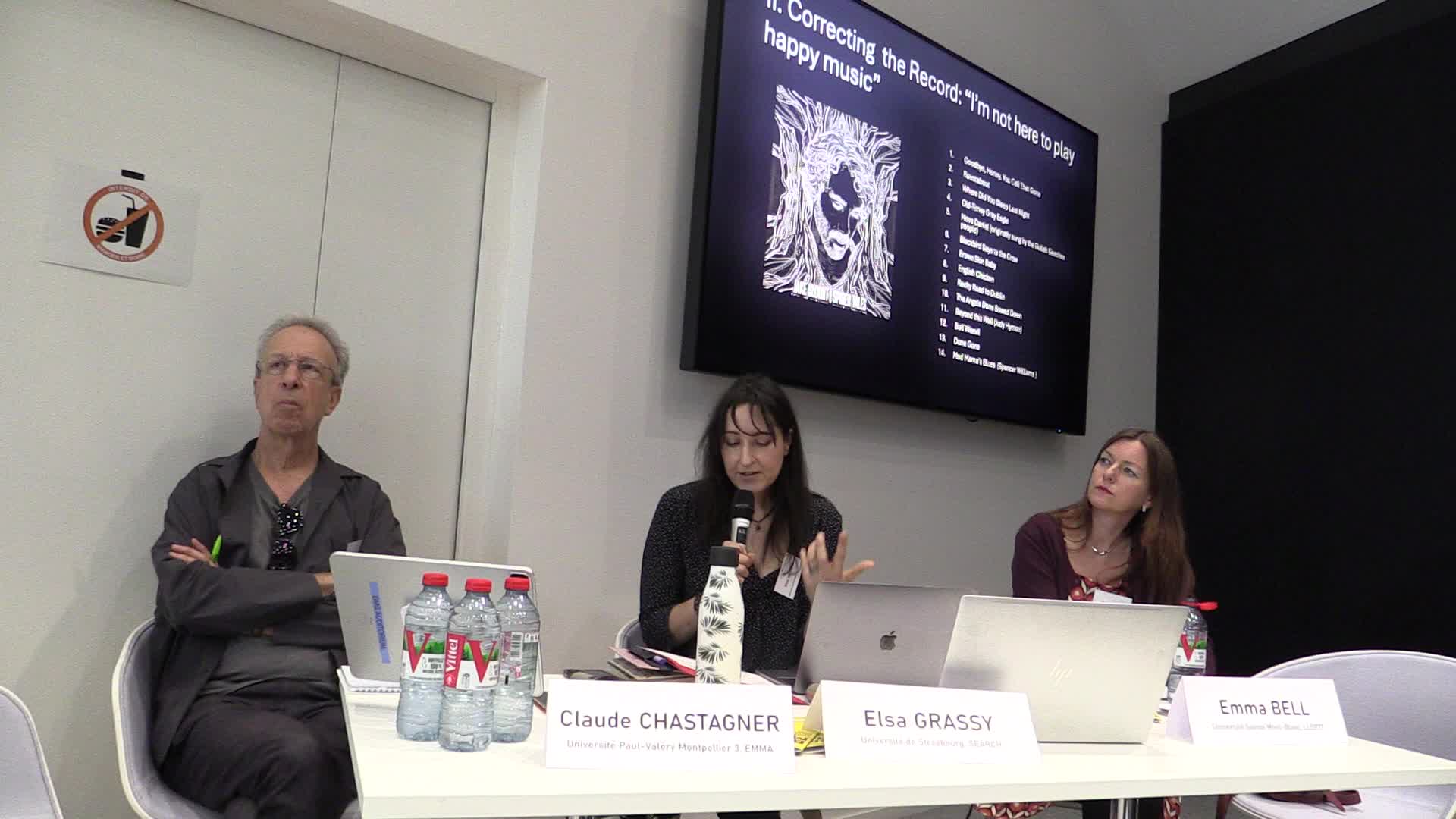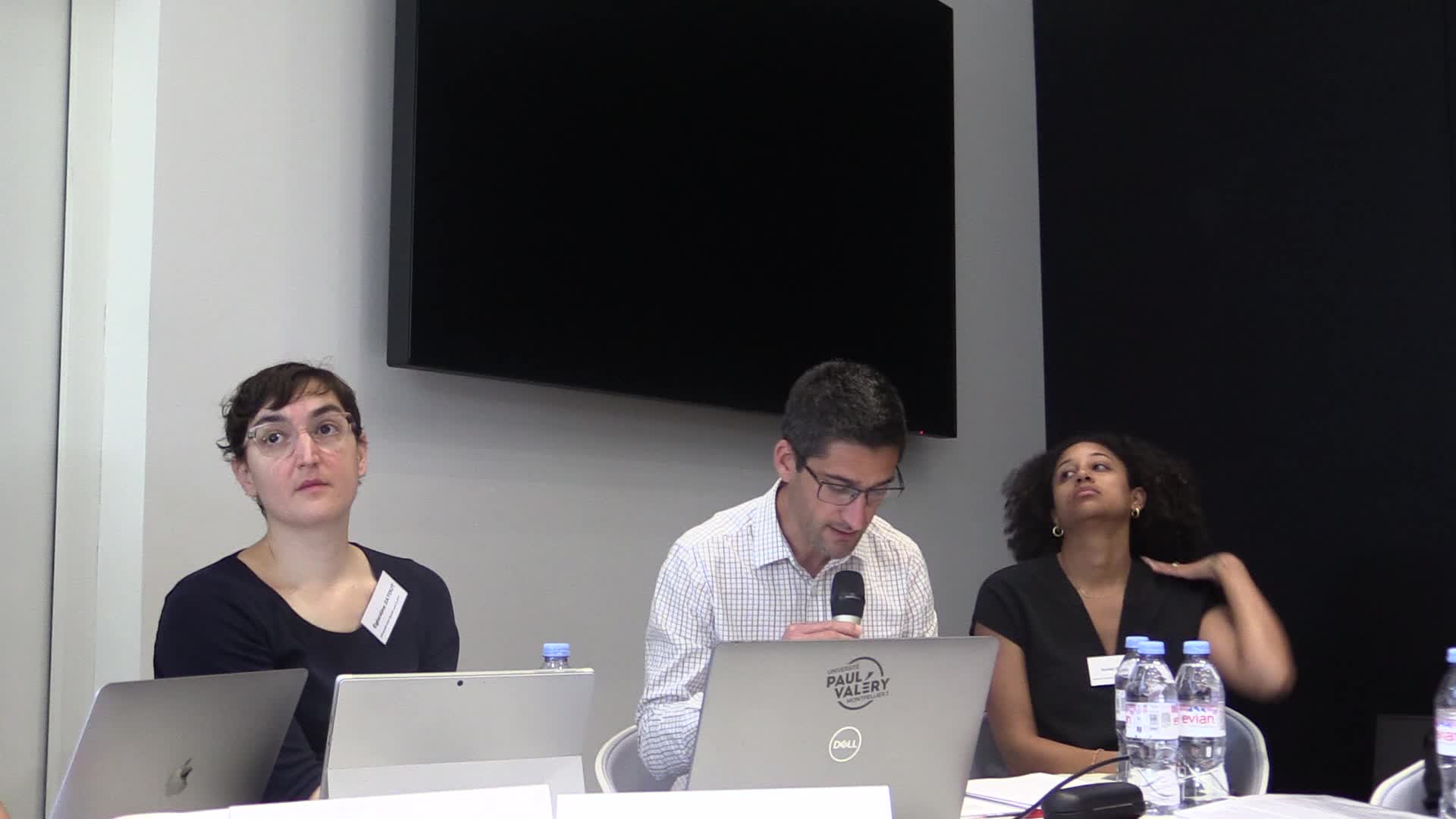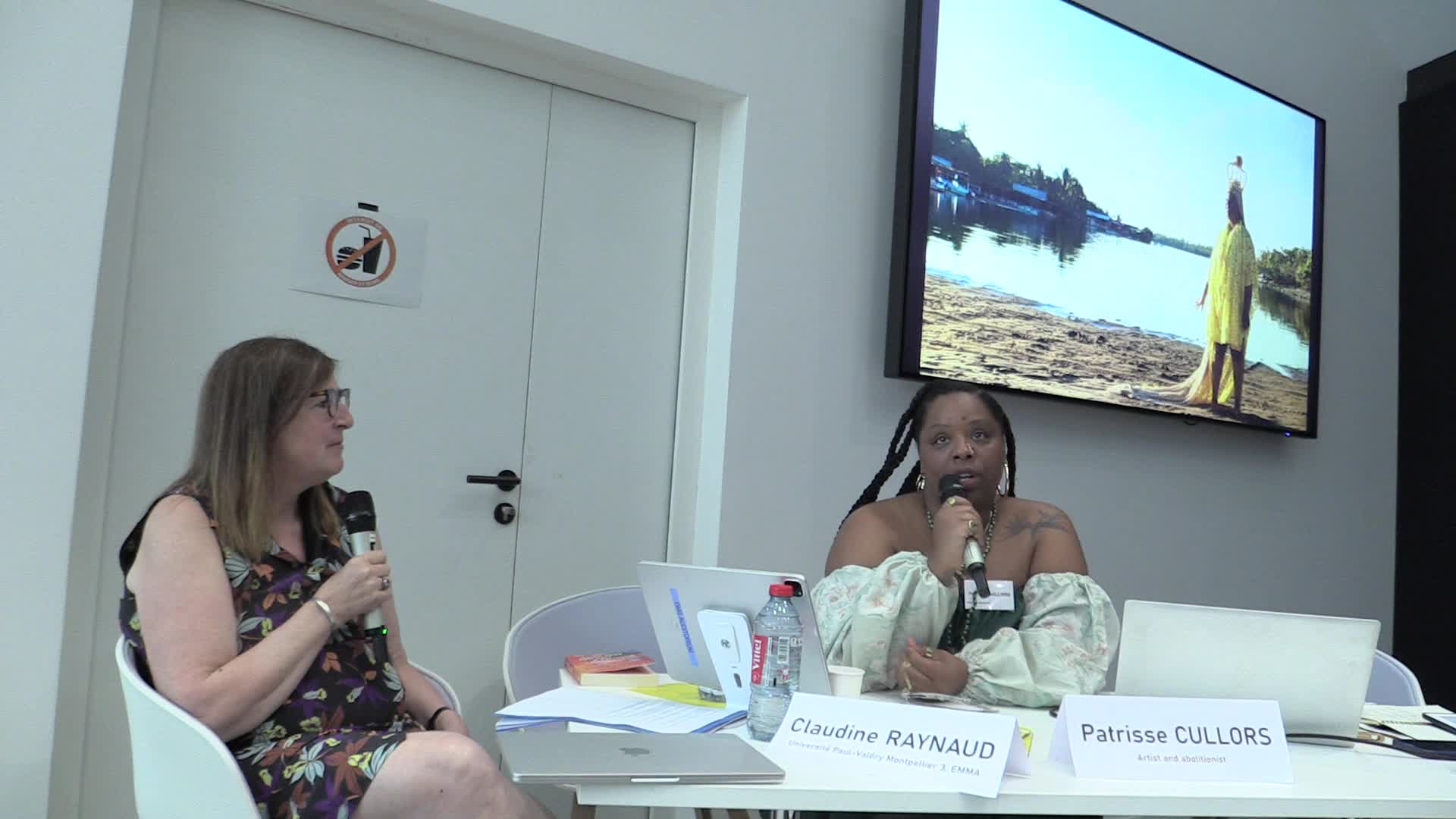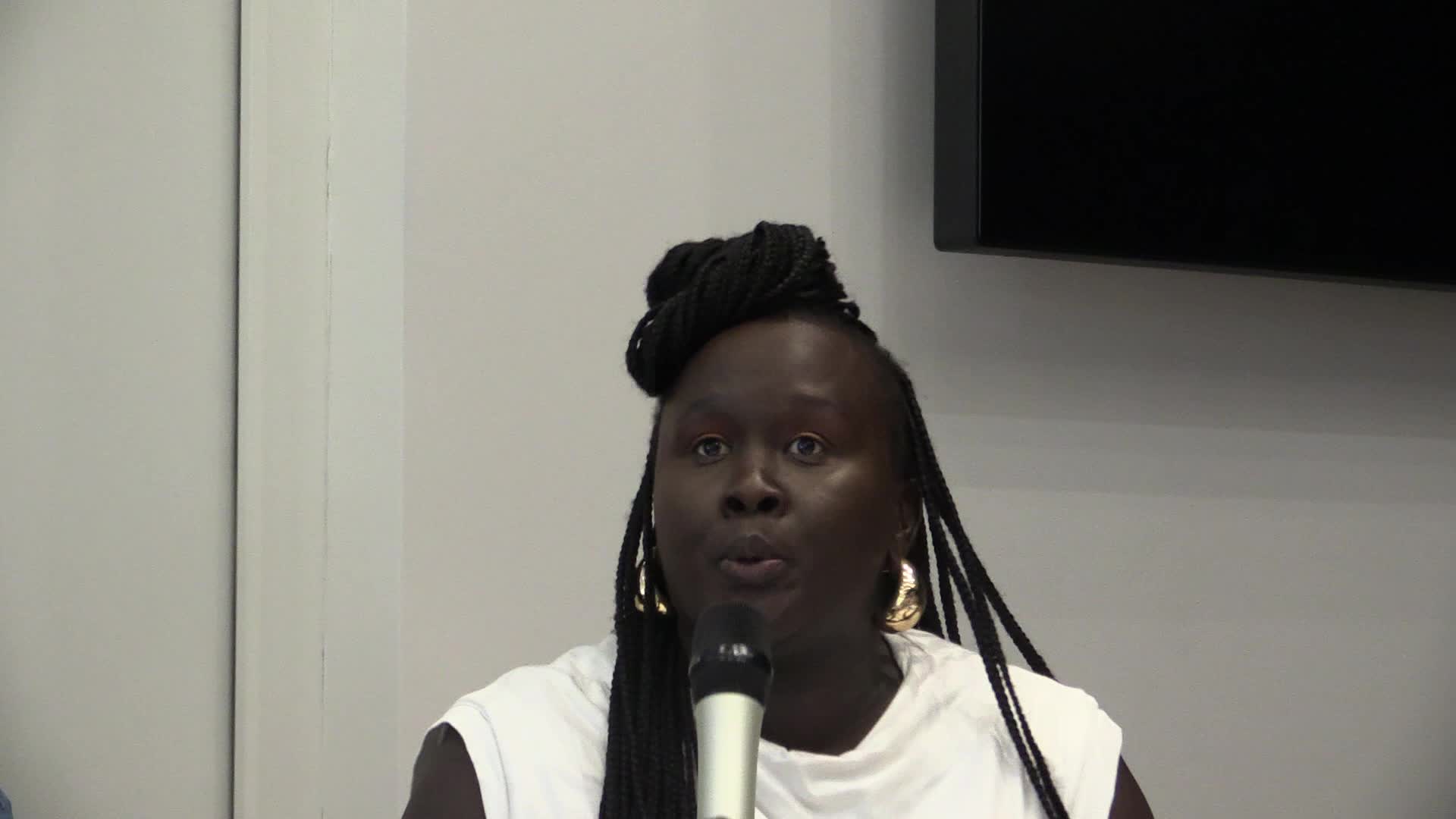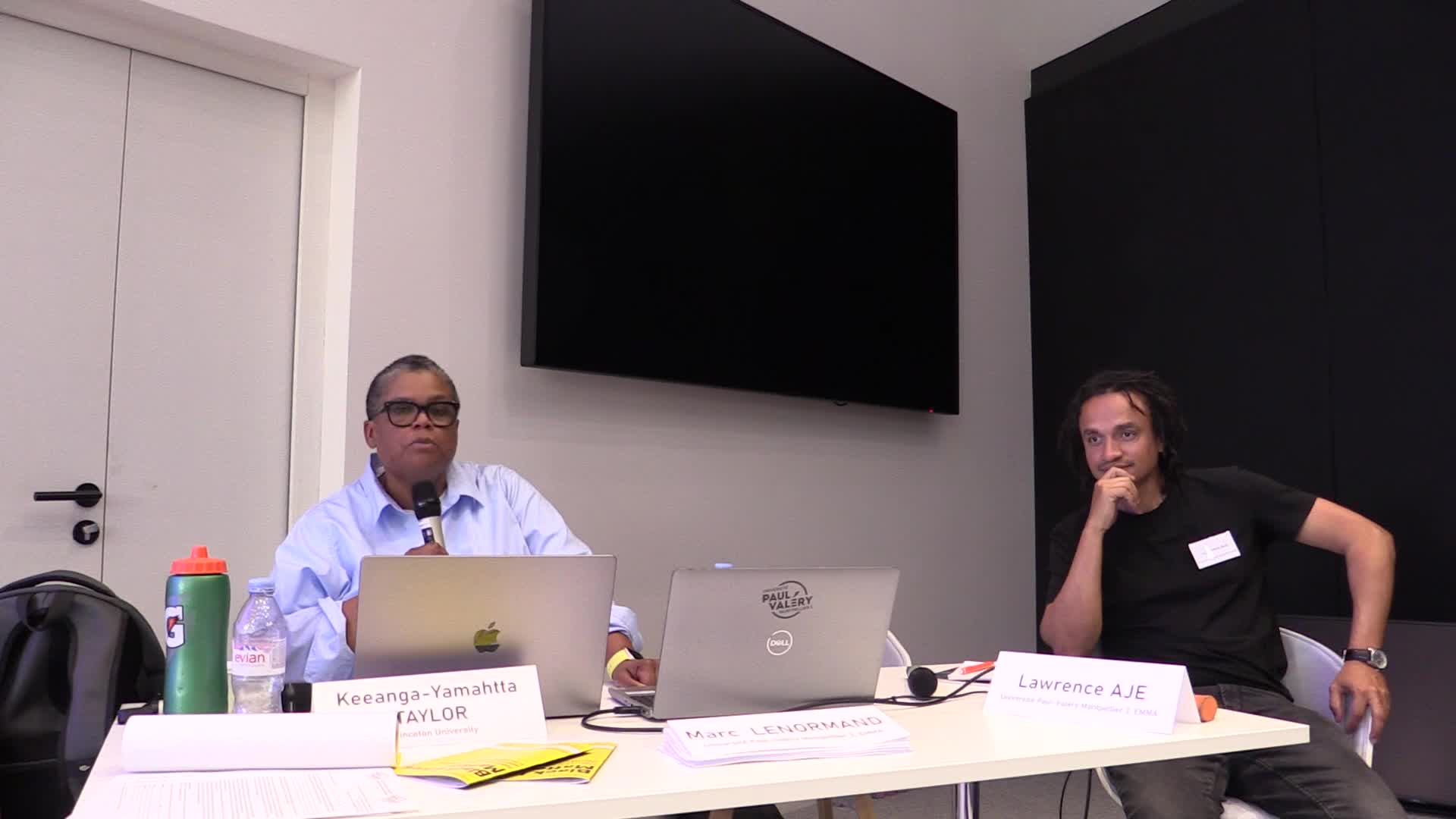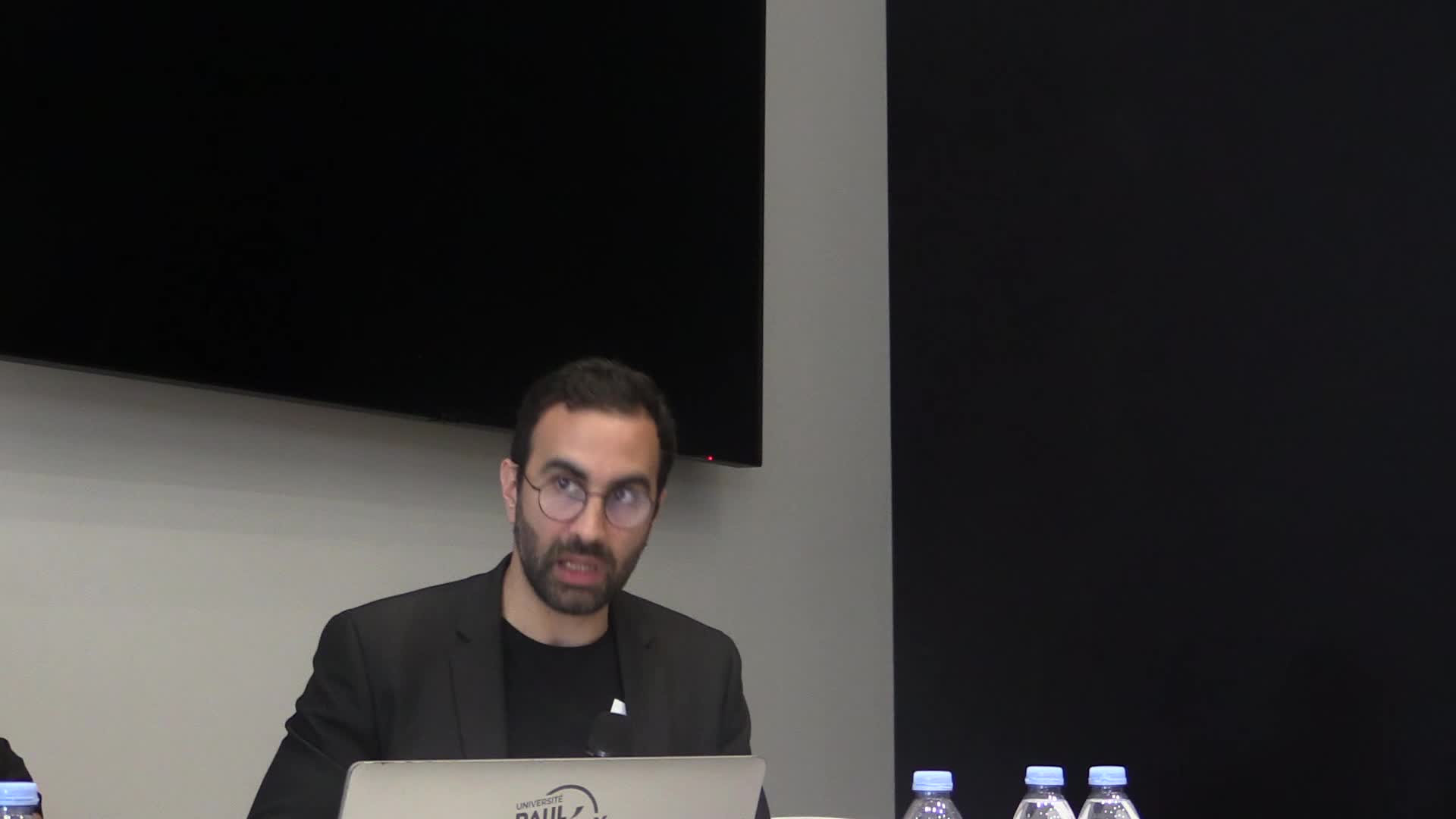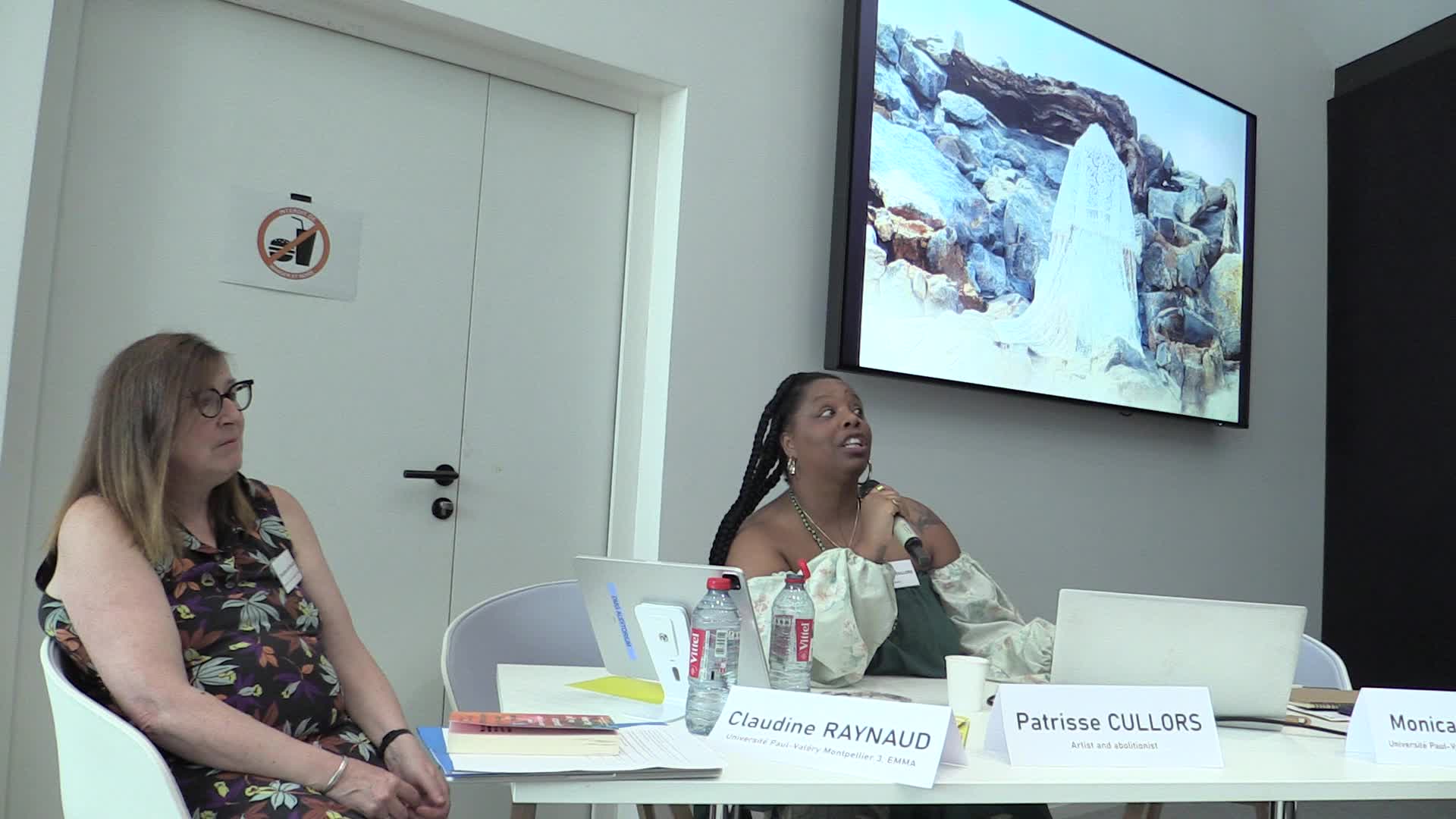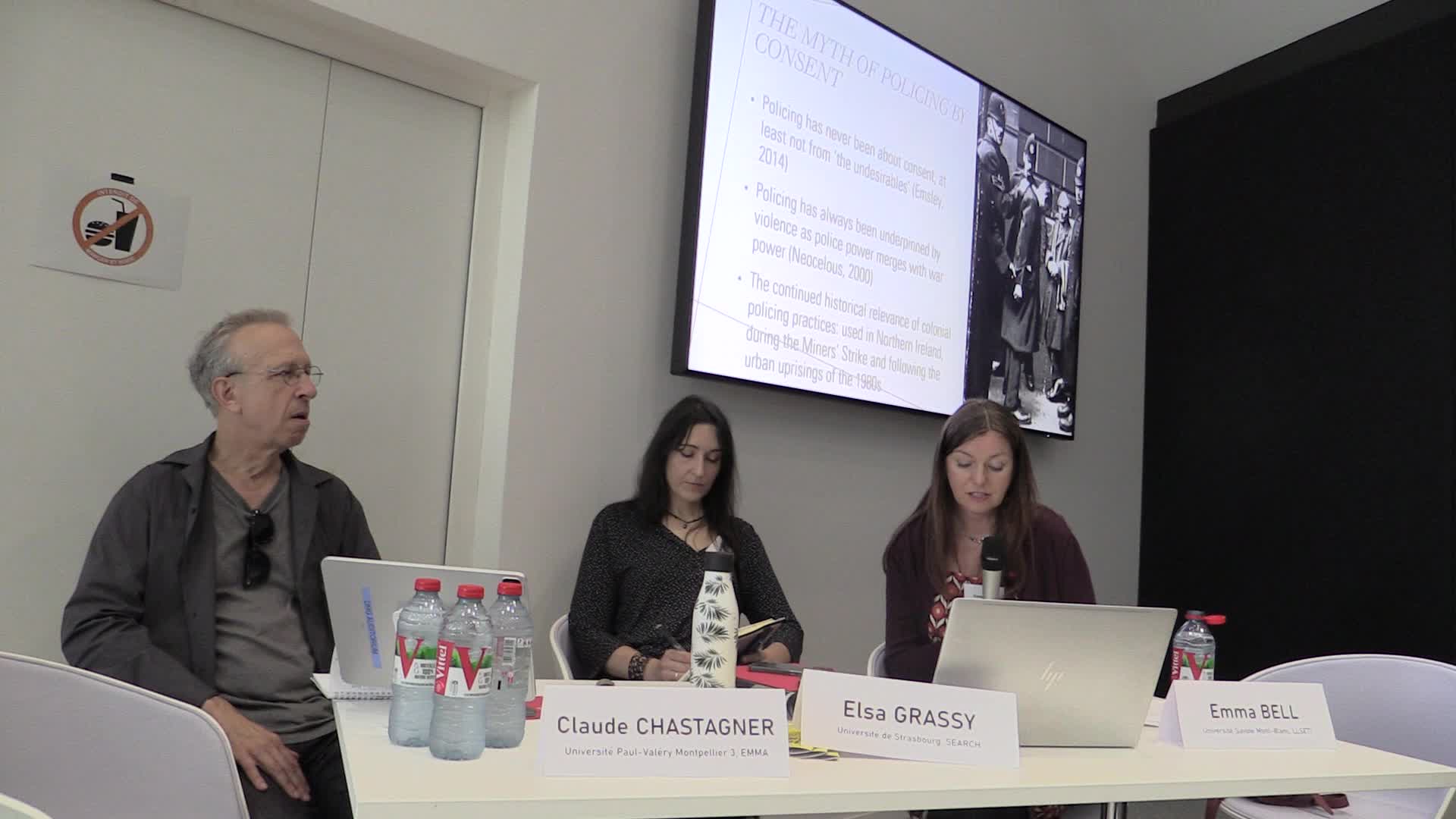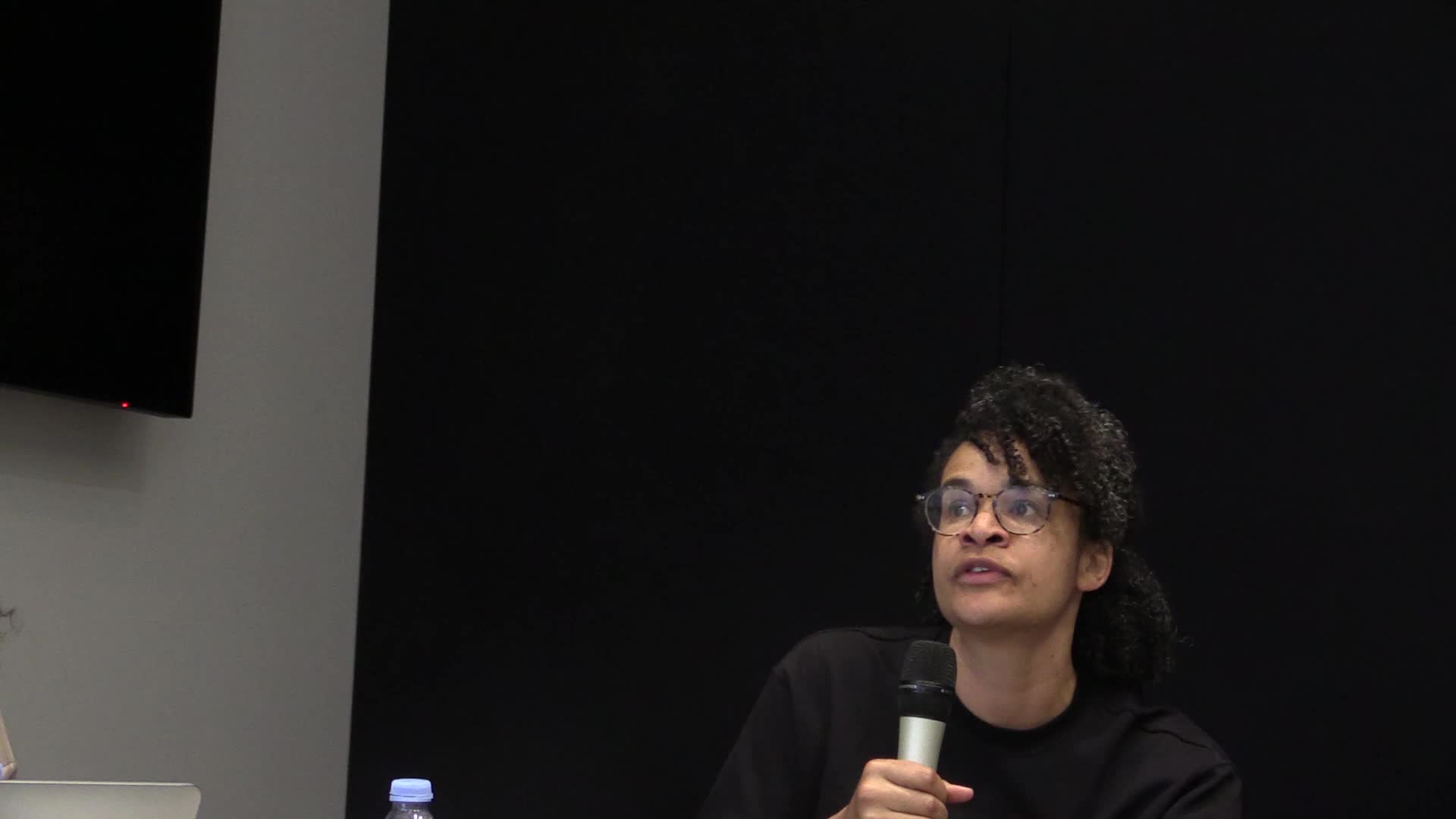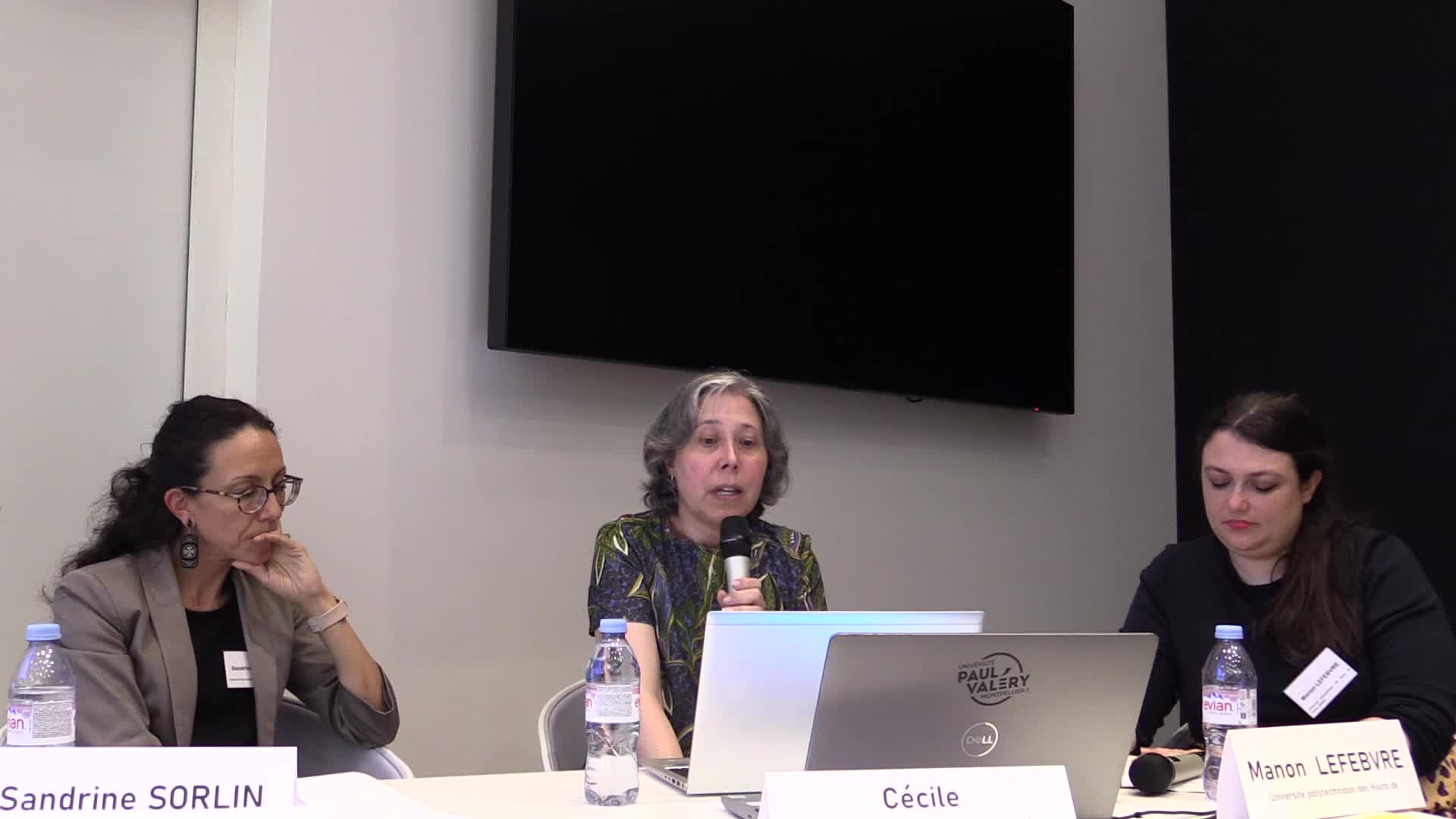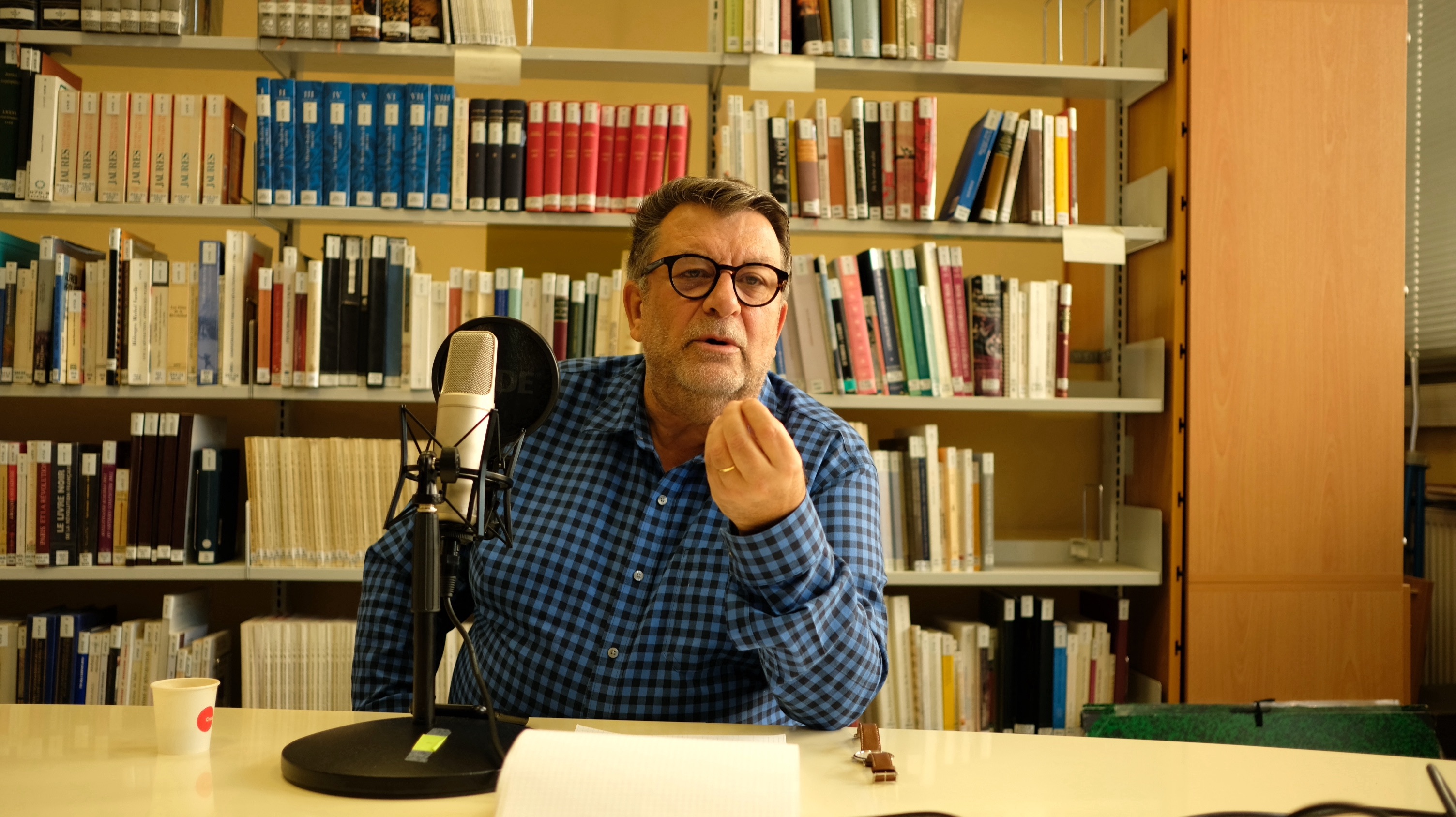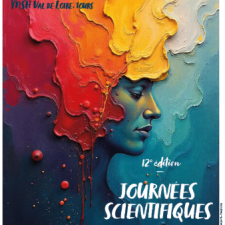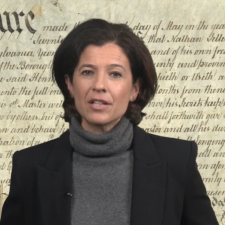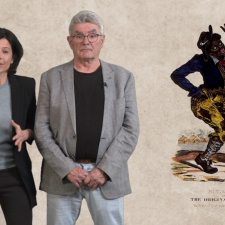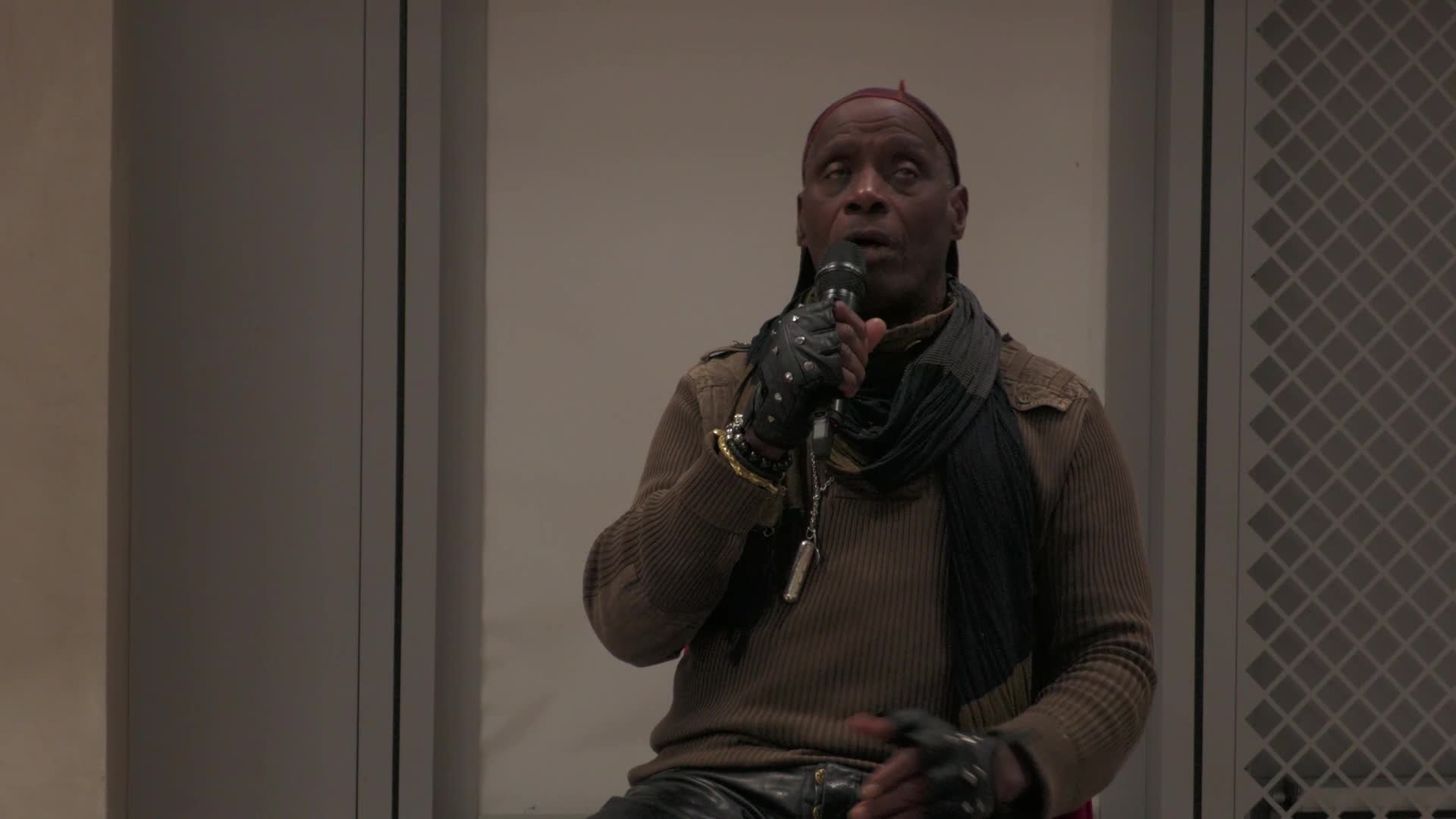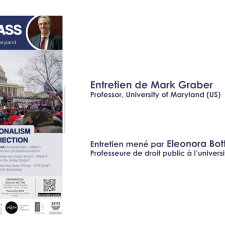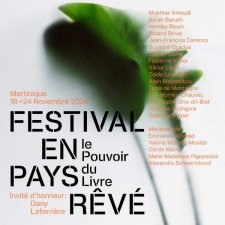Notice
’See you tomorrow, kid’: BLM, apt anger, and the redemption of history
- document 1 document 2 document 3
- niveau 1 niveau 2 niveau 3
Descriptif
The BLM movement emerged in 2014 and gained unprecedented popularity in 2020 after the circulation of a video recording of George Floyd’s murder by the police. In both protest waves, much sensation was caused by the protesters’ attacks on statues and monuments, with FOX news and former president Donald Trump being vociferous about their outrage at this unpatriotic behaviour. Whereas the Civil Rights era of black mobilization was particularly focused on the future of the black community and the future of the USA broadly speaking, BLM seems to be a movement which grounds its motivations and its actions in the historical, a grounding signalled by the role of anger and the situating of this anger in a continuum of oppression (e.g.Kimberly Jones’s speech How Can We Win). The role of anger politics and – specifically – in politics of liberation has been hotly contested for decades, often on account of anger’s attachment to the past, something which critics like Martha Nussbaum (2016) argue acts against the forward-looking project of political reformation. The new generation of activists however, inspired by the writings of activist writers such as James Baldwin, Audre Lorde and bell hooks, speaks of a sense of connection and community in anger (Lloyd), one that traverses historical bounds. Walter Benjamin’s stipulations in Theses on History posits the relationship between past injustice and the present as crucial to any project of revolution – itself conceptualized as a redemption of history itself. This presentation will describe the ways in which the experience and expression of anger in contexts of political mobilization serve as an affective register of moral violations (Callard, 2020) while also forging bonds of solidarity across time, space, and identities (Lugones, 2005). It will also propose that the imperative to let go of one’s anger is a form of affective injustice (Srinivasan, 2018). To complement this conceptual exploration, the presentation will look at two works of black American fiction which use the form of the time loop: the short film Two Distant Strangers written by Travon Free and directed by him and Martin Desmond Roe and the short story “The Flash” found in the collection Friday Black by Nana Kwame Adjei-Brenyah. The presentation will suggest that form of the time loop in works of black fiction contributes to the signalling of historical continuities of oppression and violence, while also communicating with recent theorizations of a cultural and political stagnation (i.e. Mark Fisher, Franco Berardi). Following Benjamin’s proposal, the paper will argue that contemporary black activism has pivoted towards confronting history and engaging in a project of radical reassessment of historical injustice and its residue, as a means to identify unredeemed potentialities which can point the way to a radically different political and cultural future.
Intervention / Responsable scientifique
Dans la même collection
-
Stage reading with actors Lorry Hardel and Olivia Mabounga of extract from Aleshea Harris's play Is…
MaboungaOliviaLorryHardelStage reading with actors Lorry Hardel and Olivia Mabounga of extract from Aleshea Harris's play Is God Is
-
Stage reading with actor Olivia Mabounga of extract from Selina Thompson's play Salt.
MaboungaOliviaStage reading with actor Olivia Mabounga of extract from Selina Thompson's play Salt.
-
“Jake Blount and The Folk of Black Souls – Curating, Correcting | “Genre Queering” the US Folk Musi…
GrassyElsa“Jake Blount and The Folk of Black Souls – Curating, Correcting and “GenreQueering” the US Folk Music Canon in the Black Lives Matter Era”
-
"Black Lives Matter and African American political mobilization: the quest for legitimacy in the ou…
BenedettiGregory"Black Lives Matter and African American political mobilization: the quest for legitimacy in the outdoors and the outdoor industry"
-
Questions and Answers with Patrisse Cullors, artist, and BLM co-founder (Part I)
RaynaudClaudineMichlinMonicaQuestions and Answers with Patrisse Cullors, artist, and BLM co-founder (Part I)
-
4. “How to teach children about histories of Slavery and Colonialism: A Lancaster Response” – Geral…
Geraldine Onek (Co-Founder Lancaster Black History Group) - “How to teach children about histories of Slavery and Colonialism: A Lancaster Response” –
-
“Understanding the Backlash to Black Lives Matter” - Keeanga-Yamahtta Taylor (Princeton University)
Keeanga-Yamahtta Taylor (Princeton University): “Understanding the Backlash to Black Lives Matter”
-
Shifting perspectives: how Black Lives Matter altered views on the Israeli-Palestinian conflict
HochardTalal“Shifting Perspectives: How Black Lives Matter Altered Views on the Israeli-Palestinian Conflict” - Talal Hochard (Université de Lorraine, IDEA)
-
Questions and Answers with Patrisse Cullors, artist, and BLM co-founder (Part III)
RaynaudClaudineMichlinMonicaQuestions and Answers with Patrisse Cullors, artist, and BLM co-founder (Part III)
-
“ ‘Defund the Police’ UK: Mobilising against institutional racism in a hostile environment”
BellEmma“ ‘Defund the Police’ UK: Mobilising against institutional racism in a hostile environment”
-
"Facing the Past: Black Lancastrians” – Lela Harris (Artist, Kendal, UK)
Lela Harris (Artist) - “Facing the Past: Black Lancastrians”
-
“Appropriating #BlackLivesMatter in France: shedding light on home truths, or obfuscating them?”
CoquetCécile“Appropriating #BlackLivesMatter in France: shedding light on home truths, or obfuscating them?”
Sur le même thème
-
De la rue à la mairie
HamouDavidInterview de David Hamou, dans le cadre de la sortie de son ouvrage "De la rue à la mairie. Sociologie du municipalisme"
-
Donald Trump et la Constitution : anatomie pathologique de la démocratie américaine
MichelotVincentVincent Michelot, professeur d’histoire politique des Etats-Unis à Sciences Po Lyon, pose une question essentielle : les Etats-Unis sont-ils en train de glisser vers la démocratie illibérale ?
-
Rappers and "race" - Les rappeurs et la "race" 2
SouyriÉmilieBelletesteLorenzoDans la seconde partie de cette vidéo nous explorons les video clips de Lupe Fiasco, Kery James et quelques autres au prisme des concepts de cosmopolitisme et de nécropolitique emprunté à l'historien
-
Law, Identity, and Redemption: Justice in Karan Johar’s My Name is Khan
LefrançoisFrédéricCommunication présentée le 9 mai 2025 lors du Colloque international de la SARI "Représentation de la justice dans le cinéma indien 9 et 10 mai 2025" (Université Sorbonne Paris Nord, Campus de
-
La discrimination ethno-raciale dans la corporation des Avocat.es
ZribiYasmineLa recherche porte sur la manière dont les rapports sociaux ethno-raciaux participent à la division sociale d’une corporation professionnelle, celle des avocats. Si la formation et la réussite à l
-
L'esclavage aux États-Unis
GenesioFrancescaHistoire de l’esclavage aux États-Unis, des premières colonies américaines aux amendements de guerre en 1865, qui déclarèrent l’esclavage hors la loi, sans parvenir à instaurer une égalité autre que
-
Racisme, ségrégation et mouvements pour les droits civiques aux États-Unis
GenesioFrancescaHuguesGérardUn éclairage lumineux sur l’histoire complexe de la lutte pour les droits civiques aux Etats-Unis, de l’abolition de l’esclavage en 1865 à nos jours. Par Francesca Genesio et Gérard Hugues,
-
Ciné-dialogues Afrique - Deuxième séance - Camp de Thiaroye (1988) d’Ousmane Sembene et Thierno Fat…
BakabaSidiki S.BruzzoneAnnaCiné-dialogues Afrique - Deuxième séance - Camp de Thiaroye (1988) d’Ousmane Sembene et Thierno Faty Sow
-
Entretien avec Marc Graber, professeur à l'Université du Maryland
Entretien avec Marc Graber dans le cadre de la masterclass Constitutionalism and Insurrection
-
Conversation avec Zelda Lockhart et Fabienne Kanor (2ème partie)
LockhartZeldaKanorFabienneRigopoulosMarie-MadeleineFestival en pays rêvé - 21 novembre 2024 - Université des Antilles, Campus de Schoelcher Conversation avec Fabienne Kanor et Zelda Lockhart (2ème partie) Modératrice : Marie-Madeleine Rigopoulos
-
Stage reading with actor Olivia Mabounga of extract from Selina Thompson's play Salt.
MaboungaOliviaStage reading with actor Olivia Mabounga of extract from Selina Thompson's play Salt.
-
Stage reading with actors Lorry Hardel and Olivia Mabounga of extract from Aleshea Harris's play Is…
MaboungaOliviaLorryHardelStage reading with actors Lorry Hardel and Olivia Mabounga of extract from Aleshea Harris's play Is God Is


